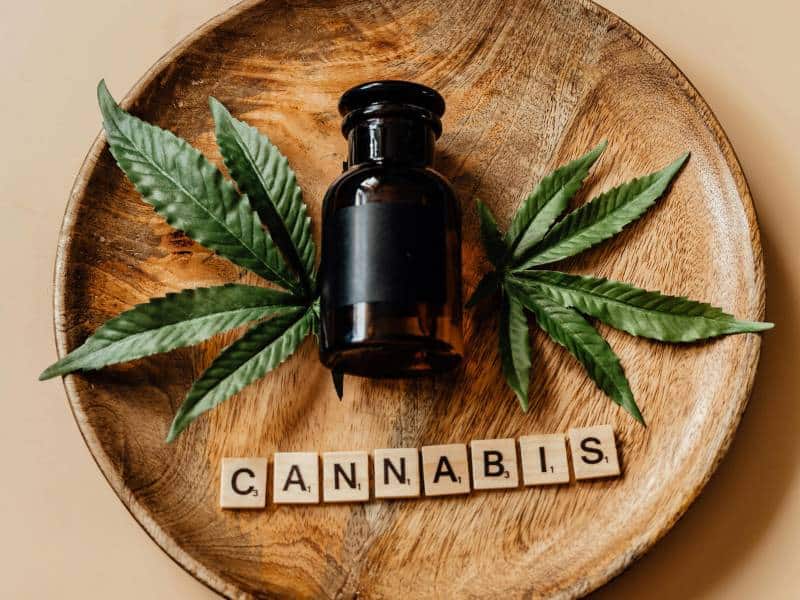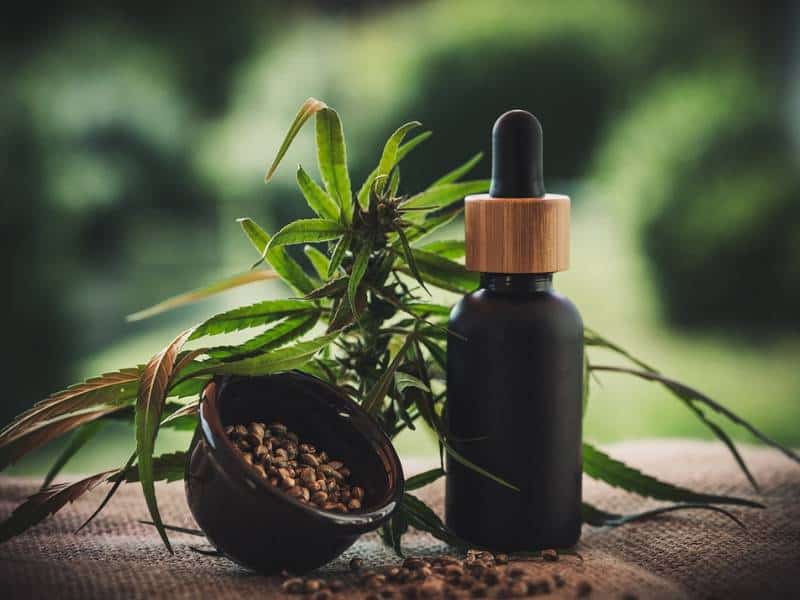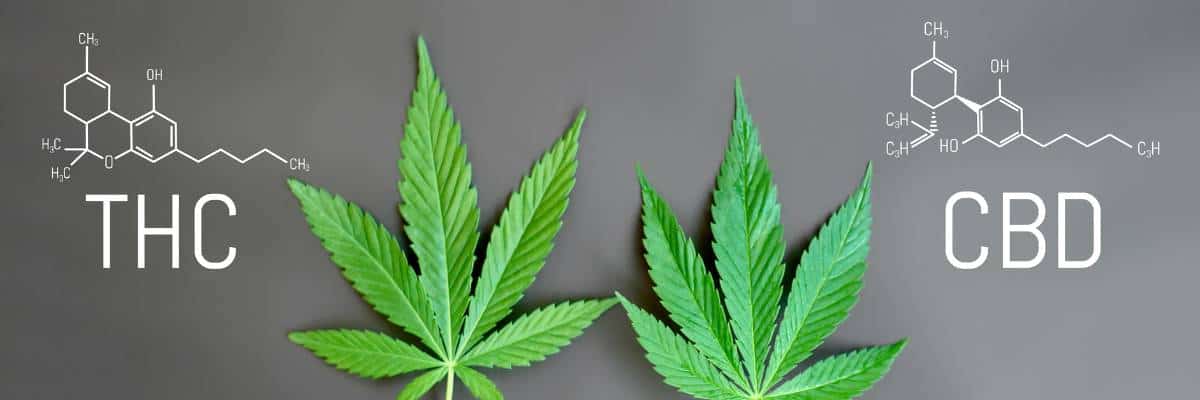Cannabis has been a topic of increasing interest and discussion in recent years, particularly due to the growing recognition of its potential health benefits. Two of the most well-known compounds found in cannabis are CBD (cannabidiol) and THC (tetrahydrocannabinol). While they both come from the same plant, they have distinct differences in their effects on the body, legal status, and potential benefits. In this blog post, we’ll explore these differences to help you better understand CBD and THC.

What Are CBD and THC?
CBD and THC are both cannabinoids, chemical compounds that interact with the body’s endocannabinoid system. This system plays a crucial role in regulating various physiological processes, including pain, mood, appetite, and sleep.
- CBD (Cannabidiol): CBD is a non-psychoactive compound, meaning it does not produce a “high” or euphoric effect. It is often extracted from hemp, a variety of cannabis that contains low levels of THC.
- THC (Tetrahydrocannabinol): THC is the main psychoactive component of cannabis. It is responsible for the “high” associated with marijuana use. THC binds directly to cannabinoid receptors in the brain, leading to altered perceptions and mood.
Effects on the Body
The effects of CBD and THC on the body are markedly different due to the way they interact with the endocannabinoid system.
- CBD Effects: CBD is known for its potential therapeutic effects without causing intoxication. It is widely used to alleviate anxiety, reduce inflammation, and manage pain. Some studies suggest CBD can help with sleep disorders and even certain types of epilepsy. Its calming properties make it popular for those seeking relief from stress and anxiety without the psychoactive effects.
- THC Effects: THC produces a range of effects due to its psychoactive properties. Users often experience euphoria, altered sensory perception, and increased appetite. While it can provide pain relief and relaxation, it may also cause side effects such as anxiety, paranoia, and impaired memory or motor skills in some individuals. Its psychoactive nature makes it less suitable for those who need to remain clear-headed during their daily activities.
Legality
The legal status of CBD and THC varies significantly around the world and even within different regions of the same country.
- CBD Legality: In many places, CBD is legal if it is derived from hemp and contains less than 0.3% THC. The 2018 Farm Bill in the United States, for instance, legalized hemp-derived CBD at the federal level. However, state laws can vary, and it’s important to check local regulations before purchasing or using CBD products.
- THC Legality: THC is still classified as a controlled substance in many parts of the world. In the United States, marijuana (which contains higher levels of THC) remains illegal at the federal level, though many states have legalized it for medical or recreational use. Countries like Canada and Uruguay have fully legalized cannabis, including THC, while others maintain strict prohibition.

Potential Benefits
Both CBD and THC offer a range of potential health benefits, but they are often used for different purposes.
- CBD Benefits: CBD is acclaimed for its anti-inflammatory, analgesic, and anti-anxiety properties. It is commonly used to help manage conditions such as chronic pain, anxiety disorders, epilepsy, and insomnia. CBD’s lack of psychoactive effects makes it an attractive option for individuals seeking the medicinal benefits of cannabis without the high.
- THC Benefits: THC is effective in providing pain relief, stimulating appetite, and reducing nausea, which makes it beneficial for patients undergoing chemotherapy or dealing with chronic conditions like multiple sclerosis. Its psychoactive effects can also provide significant relief for those with PTSD, as it helps in altering the brain’s response to stress.
Understanding the differences between CBD and THC is crucial for making informed decisions about cannabis use. While both cannabinoids offer significant health benefits, their effects, legality, and applications vary widely. CBD provides therapeutic effects without intoxication, making it suitable for a wide range of users, while THC’s psychoactive properties can offer more potent relief for certain conditions but with a potential for side effects. Always consult with a healthcare professional before starting any new treatment, and ensure you are aware of the legal status of these substances in your area.
